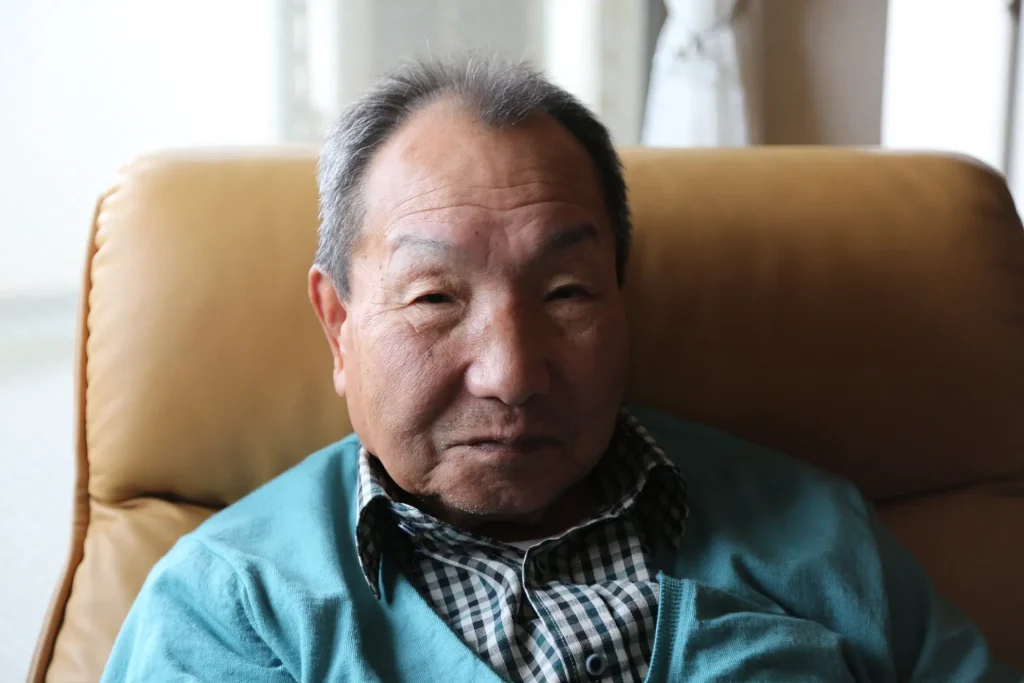The world’s longest-serving death row inmate awaits a crucial decision from a Japanese court on Thursday, which will determine if he faces execution once more or is finally acquitted, a decade after securing a retrial. Iwao Hakamada, now 88, spent 46 years on death row before being released in 2014, pending a retrial. The former boxer was convicted in 1968 for the murders of his boss, the man’s wife, and their two teenage children.
However, over time, concerns emerged about the use of fabricated evidence and coerced confessions, raising significant doubts about Japan’s justice system, which critics claim holds suspects in prolonged detention to extract confessions.
On the day of the verdict, hundreds queued outside the Shizuoka District Court, hoping to secure a seat in a case that has captivated the nation.
Due to his fragile health, Hakamada was not expected to attend, but his 91-year-old sister, Hideko, who often acts as his spokesperson, arrived to a warm reception from supporters. Smiling in a white jacket, she walked alongside the defence team, pausing to thank well-wishers.
Despite the years of controversy surrounding the case, prosecutors maintain that Hakamada’s guilt is beyond question.
Japan is one of the few developed democracies, alongside the United States, that still enforces the death penalty, with strong public backing for the practice.
Hakamada is the fifth death row inmate in post-war Japan to be granted a retrial. All four previous cases resulted in exonerations. After spending decades in solitary confinement, Hakamada’s mental state has deteriorated, with his lead lawyer, Hideyo Ogawa, suggesting that he often appears to live in a world of his own.
Speaking in 2018, Hakamada described his ongoing struggle for acquittal, saying, “I feel like I’m fighting a battle every day.”
Supporters gathered outside the courthouse, waving banners and flags demanding his acquittal.
Although Japan’s Supreme Court upheld Hakamada’s death sentence in 1980, his supporters continued to push for a retrial. A major breakthrough came in 2014 when a retrial was granted, based on claims that prosecutors may have planted evidence, leading to Hakamada’s release. However, legal wrangling delayed the start of the retrial until last year, as prosecutors challenged the ruling.
Hakamada initially denied the charges of robbery and murder but later confessed after enduring what he described as a violent police interrogation, which allegedly included beatings.
A key piece of evidence in the case is a set of blood-stained clothes discovered in a miso (fermented soybean paste) tank a year after the murders in 1966. The prosecution argued that this evidence implicated Hakamada, but the defence countered that the stains appeared too bright to be a year old, alleging that investigators may have staged the discovery.
Prosecutors, however, have conducted their own experiments, arguing that the colour of the stains is plausible.
In Japan, death row prisoners are only notified a few hours before their execution by hanging. As of December, 107 prisoners remained on death row, awaiting their sentences.
According to Human Rights Watch’s Asia Programme Officer, Teppei Kasai, Hakamada’s case exemplifies Japan’s so-called “hostage justice” system, where suspects are often coerced into confessing after extended periods of arbitrary detention and intimidation during interrogations.

